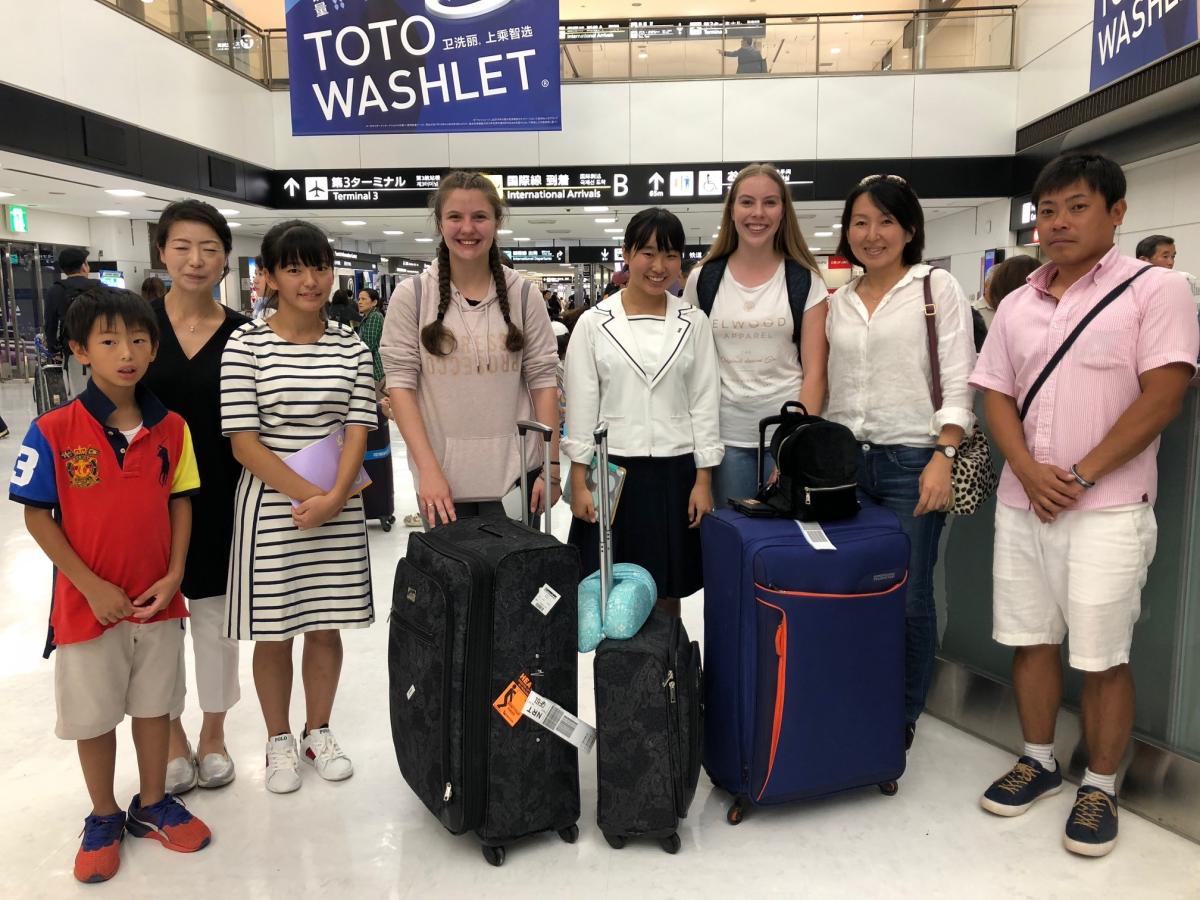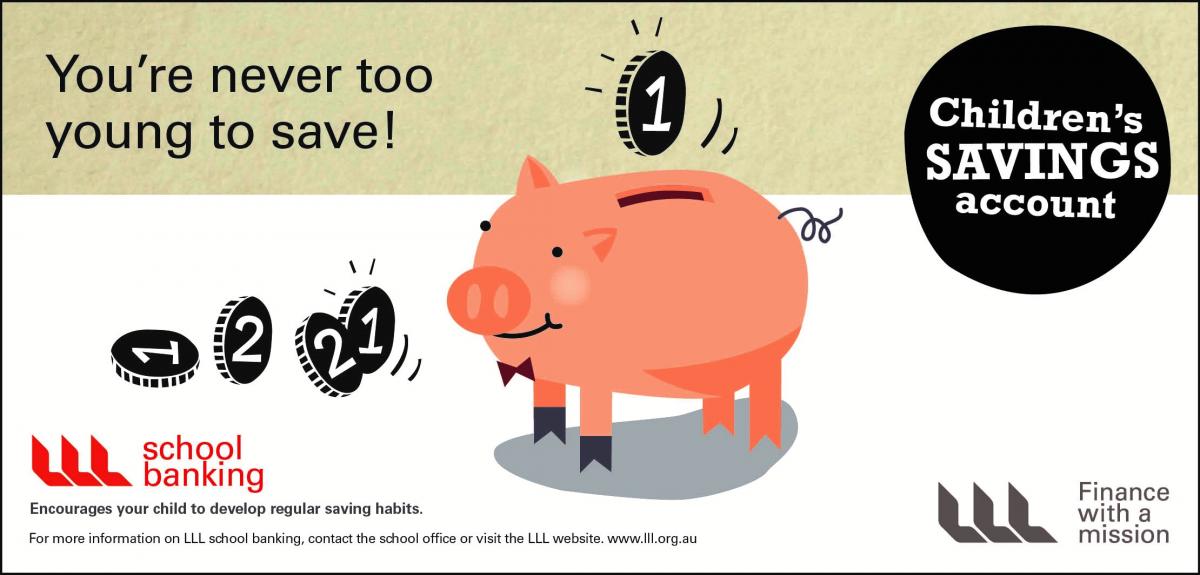In the last week of the holidays, I went back with my family to a place I lived for a while, western Sydney. One of the things that I often end up doing when I go back to somewhere I lived, is to go to all my favourite eating places. It’s like a food pilgrimage. Eating the food in that place brings back memories. Because I lived in western Sydney, where there are lots of people from the Middle East, I went to a Lebanese restaurant. The food was sensational. The chicken is the best I have tasted as it is butterflied and slowly roasted over charcoal. It has that distinctive smoky, lemony, garlicky flavour. It is served up with dips like baba ghanoush which is smoked eggplant, hummus made from chickpeas and a white garlic sauce that is extremely pungent and eaten with hot chips. The other dips are eaten with pita, flatbread and there is tabbouleh salad and brightly coloured pickled vegetables and falafel on the side. Are you getting hungry yet? Food is great for bringing back memories, connecting us to places and connecting us to people. That’s what Jesus does in a number of stories in the bible. He connects food with people and with himself.
In the story of the dinner invitation in Luke chapter fourteen, Jesus suggests that we can connect to people that we don’t know, through food. The simple act of sitting down at the table and sharing food does something to us at a deep level. I’m not talking about grabbing some McDonalds fast food in the drive through on your way rushing somewhere. No, I’m talking about sitting down, taking time, eating, conversing and building relationship with people, especially people we do not know. In this food story Jesus said; When you give a lunch or a dinner, do not invite your friends or your brothers or sisters or your relatives or rich neighbours, in case they may invite you in return, and you would be repaid. But when you give a banquet, invite the poor, the crippled, the lame, and the blind. And you will be blessed because they cannot repay you. Luke 14:12-14
Sitting down and eating food with those who cannot repay you is what Jesus recommends here. It’s radical hospitality because it is really welcoming the stranger. We don’t often do this, welcoming a complete stranger into our home and eating with them. It is hard enough just to get together with each member of our family, to eat together uninterrupted, let alone invite a stranger into our home to do this. But Jesus tells us that it is the stranger, the disabled, the poor, the homeless, that Jesus invites us to eat food with and connect. In crossing the line of family and friends and expecting to be repaid for our social interactions, Jesus says we will be blessed by those who cannot repay us. Such is the nature of radical hospitality, welcoming the stranger.
Safety is a big concern in our society but who is the stranger, the different or little known person you could eat food with and connect. Someone you could build relationship with and become friends with and see in a new light?
Ps. Tim Jarick, College Pastor









 Pacific provides opportunities for children and parents to operate savings accounts with the Lutheran Laypeople’s League (LLL). The
Pacific provides opportunities for children and parents to operate savings accounts with the Lutheran Laypeople’s League (LLL). The